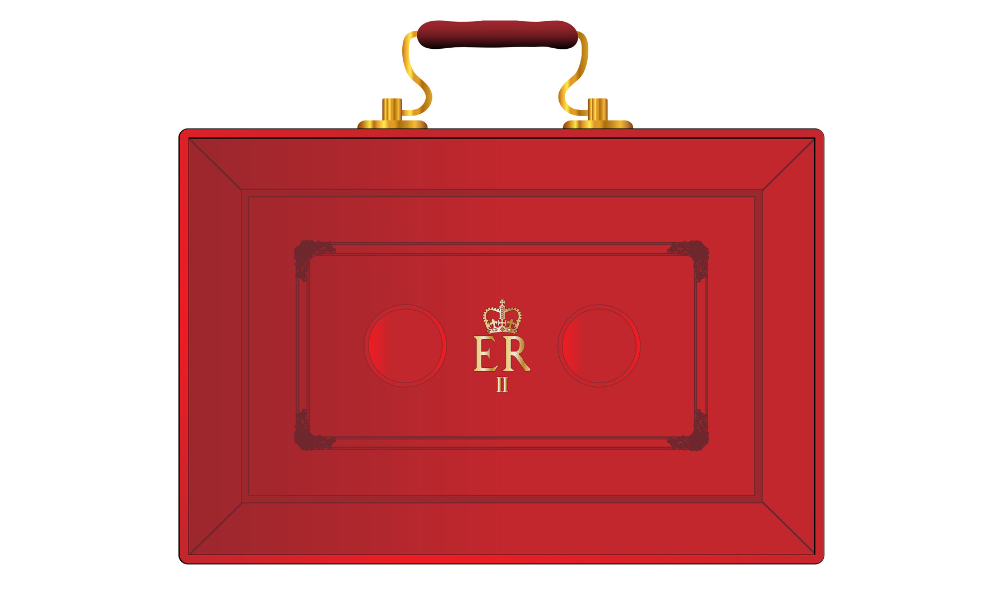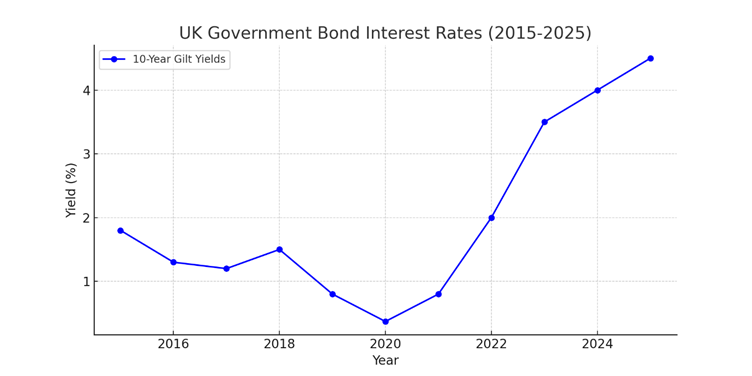How the Chancellor's tax and spend budget might mean even more taxing by her, and spending by clients (on mortgage repayments)

As we reported late last year, Chancellor Rachel Reeves’ budget had the unwanted effect of pushing up borrowing costs, as international markets grew sceptical of her ability to tax, spend and keep within her (newly calculated) borrowing rules.
That budget, which effectively pushed up borrowing rates, means that she is facing increased fiscal pressure, with her budgetary flexibility effectively eliminated due to economic challenges and rising government borrowing costs. According to a new report, this development could mean either tax hikes or reductions in public spending to maintain financial stability.
The National Institute of Economic and Social Research (NIESR) has warned that the chancellor’s self-imposed rule - requiring government income to cover daily expenditures without reliance on borrowing - will only just be met by the end of the current parliamentary term. However, the think tank also highlighted the absence of any remaining buffer to absorb potential economic disruptions.
"There will be no space for extra expenditure in response to a shock or the need for higher public investment to get growth going for as long as the self-imposed constraints on tax remain," the institute stated.
Read more: HSBC to raise mortgage interest rates again as Reeves budget effect continues
These concerns align with the latest projections from the Office for Budget Responsibility (OBR), which has privately indicated that the economic outlook has deteriorated since last year. The OBR’s initial forecasts suggest that Reeves’ fiscal headroom - previously estimated at nearly £10 billion = has been eroded by poor economic data, a decline in UK government bond values, and uncertainty over monetary policy.
The forecasts, which will be finalised and presented alongside the chancellor’s Spring Statement on March 26, could lead to more stringent government department budgets or another tax raid. Despite Reeves' previous statements that no further tax increases would be announced this spring, the economic situation may force her to reconsider her position in the autumn budget.
Recent market trends have compounded these challenges. A significant sell-off in UK government bonds at the beginning of the year, coupled with the Bank of England’s expectation of limited interest rate cuts in 2025, has intensified pressure on public finances. The higher interest rates caused by the Labour budget mean that the government may have to tighten the purse strings and squeeze businesses more to make its accounts add up. The OBR’s estimates will reflect these developments, assessing how they impact the government’s ability to meet its fiscal targets by 2029-30.
Read more: Worried that Reeves may ruin mortgage rates? Trump could be the real worry
Compounding these fiscal difficulties, independent forecasts suggest the UK’s economic growth trajectory remains subdued. The Bank of England recently revised its 2025 growth projection to just 0.75%, a significant reduction from its earlier predictions. Other forecasters, including the EY Item Club, have echoed similar concerns, with their estimates indicating only a 1% expansion next year.
The OBR, however, remains somewhat more optimistic, projecting higher growth rates compared to other analysts.
In a potential silver lining, the NIESR noted that GDP is still expected to grow by 1.5% this year, making the UK one of the top performers among G7 nations. This growth is largely attributed to increased government expenditure announced in the previous budget. However, the institute cautioned that this boost is temporary and is unlikely to significantly improve living standards in the long run.
Labour’s economic strategy, which includes loosening planning restrictions, accelerating housing development, and attracting foreign investment, has also been met with scepticism. Adrian Pabst, deputy director at NIESR, warned that these measures may not effectively address regional disparities. "You do not boost living standards in every part of the country if you concentrate investment in London and the southeast,” he said. “Much more needs to be done on that."
While the government says it is committed to its fiscal rules, uncertainty surrounding economic conditions and market reactions may necessitate difficult policy decisions in the coming months. A spokesperson from HM Treasury reiterated, "The government’s commitment to fiscal rules and sound public finances is non-negotiable. As previously announced, the OBR’s next forecast will be presented to parliament on March 26 alongside a statement from the chancellor."
Reeves has recently refused to rule out new taxes, saying in a statement that she “can't write five years' worth of budgets in just the first five months of government," suggesting that while the recent budget was billed as a "once-in-a-Parliament" measure, she is leaving the door wide open for another tax hike.



